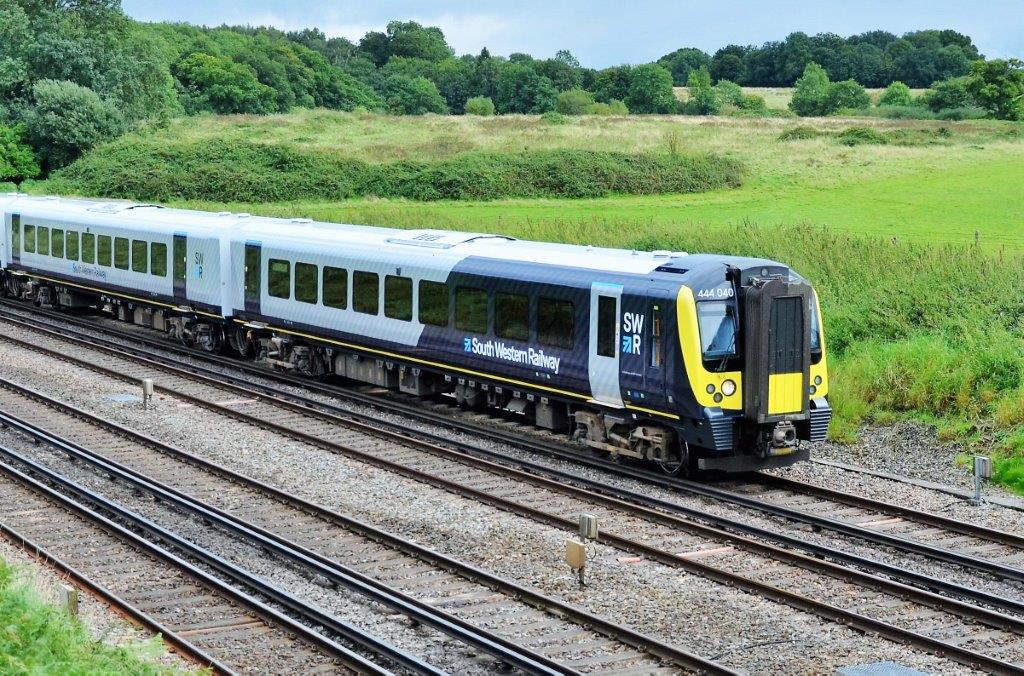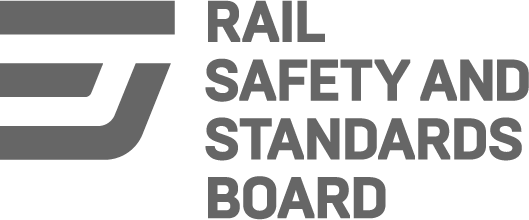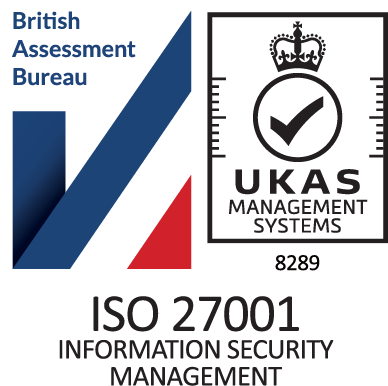
SWR has recently adopted ACMS as their electronic competence management system, previously having used an alternative electronic system.
South Western Railway (SWR) is part of FirstGroup, which is a leading provider of transport services in the UK. SWR operates commuter services from London Waterloo to South West London, and provides suburban services across South West England, including a subsidiary, the Island Line, on the Isle of Wight.
SWR has recently adopted ACMS as its electronic competence management system, having previously used an alternative electronic system. SWR experienced significant challenges around their previous legacy system, as the reports they needed for managing the competence management system didn’t exist.
Additionally, the use of separate systems for incident data and competence management necessitated a lengthy process of manual cross-checking between databases to obtain the required information.
Consequently, issues of data quality arose, including problems with duplicate or missing data between the systems. A lack of appropriate permission levels for investigators and Designated Competent Persons (DCPs) in the previous system also slowed down incident investigations within the business.
SWR were looking for an off-the-shelf product that other train operators had used, and all other FirstGroup train companies are currently using ACMS.
We spoke to Stewart Player, Head of Operations at South Western Railway, about the transition to ACMS.
“It was an easy decision once the business case had been approved to go ahead with our move to ACMS. A core benefit of having one system is being able to share experiences between all our other train operators at FirstGroup.”
SWR were formerly using multiple systems for data management, which were only being used by managerial assessors. Their driver instructors and other peer assessors were still using paper-based systems, which further prolonged the assessment process.
Since adopting ACMS in 2021, SWR has begun to experience significant benefits from ACMS throughout their business, having incident data and assessments all in one place. Stewart went on to say,
“When looking at our previous legacy system and comparing it to RAIB published investigations, we would ask ourselves the same questions about how we could provide data and evidence should a major incident occur. Having previously used ACMS while working for GWR, I knew that ACMS was developed by AssessTech for precisely this reason, and we were able to provide easy access to data following the Plymouth RAIB collision investigation. We are currently assisting RAIB with a track worker fatality incident, and ACMS has been instrumental in being able to provide easy access to searchable information using a web-based process.”
The challenges of duplicate and missing data meant that data quality was a key challenge for SWR when migrating to ACMS. SWR worked closely with the AssessTech team during the initial setup to cleanse the data and provide all the required information in one place. When reflecting on the set-up process, Stewart said,
“The key to the migration period was ensuring good project management – AssessTech provided us with a clear understanding of the setup requirements for ACMS, such as locations, permissions, schedules, roles, etc. AssessTech were able to assist with the move from our existing system and offer technical solutions to data imports, where required. AssessTech’s team are approachable, supportive, and knowledgeable and was on hand to support us through this transition at every stage of the process.”
Now that SWR has firmly integrated ACMS into its day-to-day processes, SWR is starting to see the richness of the data and the resulting benefits in its analysis of incident investigations. They have been able to link causal analysis and incident factors into development plans for colleagues, as well as understanding human factors regarding the organisation and the roles their employees undertake.




